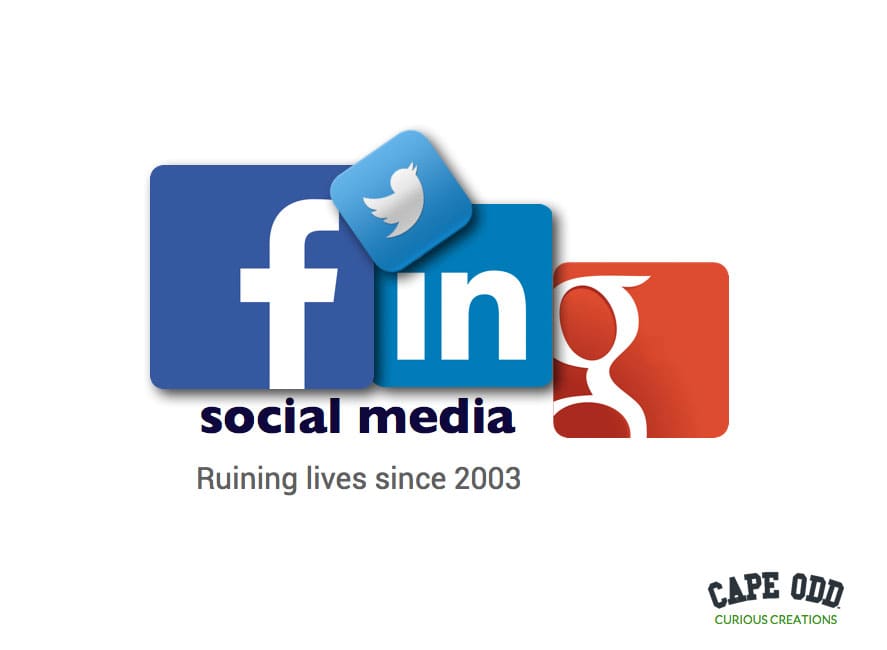
Space Monkey Reflects: The Oddness of Social Media and Our Digital Lives
Social media, that curious digital landscape where lives intersect, collide, and sometimes unravel. Since its inception, it has grown from a simple way to connect with friends and family to a vast, ever-evolving machine that shapes how we view ourselves, others, and the world. The tagline, “Ruining lives since 2003,” is both a humorous jab and a biting reflection on the unintended consequences of this global experiment.
When we look at social media from the surface, it’s a tool for connection—a platform for sharing life’s moments, big or small. It bridges distances, allowing friends across oceans to communicate as if they were in the same room. It amplifies voices, giving people a platform to express opinions, ideas, and movements that might have otherwise been muted. But beneath this seemingly endless stream of connectivity, there is something deeper and more complex at play.
Social media, in its design, taps into the very essence of human psychology. It exploits our need for validation, our craving for approval, and our instinct to belong. Each “like,” comment, or share sends a small hit of dopamine into the brain, creating a feedback loop that keeps us coming back for more. We want to be seen. We want to be heard. And in this digital world, we can measure that visibility in quantifiable terms: followers, views, engagements.
Yet, for all the connection it promises, there is a pervasive sense of disconnection that comes with it. Relationships become reduced to algorithms, filtered by pixels and screens. Moments are curated for public consumption, often losing their authenticity in the process. Social media can make us feel more isolated even as it brings us closer in proximity. The more we scroll, the more we might feel detached from our real lives, consumed by the images and updates of others.
And herein lies the humor and the tragedy. The very platforms that claim to unite us can also sow seeds of division—between others and within ourselves. We begin to compare, to contrast, to measure our self-worth against the perfectly filtered lives that fill our feeds. The highs of this digital world can be exhilarating, but the lows can be devastating. The “fing social media” in the image humorously hints at this love-hate relationship we have with these platforms. They give, they take, and sometimes, they ruin.
The statement “Ruining lives since 2003” may seem exaggerated, but when we dig deeper, we see that it touches on something many of us feel but seldom say out loud. Social media is not inherently evil or good—it’s simply a tool. Yet like any tool, it can be used in ways that help or harm. For some, it’s a source of community and belonging. For others, it becomes a black hole of comparison, envy, and anxiety. It depends not just on the tool itself but on how we engage with it.
And this brings us to the larger question: Who’s in control here? Are we using social media, or is it using us? The platforms are designed with addictive features, engineered to keep us scrolling and engaging for as long as possible. But we have the power to take a step back, to set boundaries, to reclaim our agency in this digital landscape. The divine monkey in all of us watches with curiosity as we navigate this odd terrain, aware that the game of social media is one we can opt into—or out of—at any time.
What’s most peculiar is the way these platforms blend reality and fiction. The lines between who we are and who we present ourselves to be blur in the digital space. We curate our personas, editing out the messy, the mundane, and the difficult. We project idealized versions of our lives, often unaware that others are doing the same. This creates a cycle of illusion, where we’re all comparing ourselves to lives that don’t truly exist.
Yet, within this oddness, there’s also a glimmer of something beautiful. Social media can be a mirror, showing us parts of ourselves we didn’t know existed. It can be a tool for reflection, connection, and growth—if we use it mindfully. It can amplify voices that need to be heard, bringing attention to issues and movements that spark change. It can foster creativity, allowing people to share their art, ideas, and stories with the world.
The trick is in remembering that social media is just one aspect of our lives, not the whole of it. It’s easy to get sucked into the digital vortex, but it’s equally important to step back, to reconnect with the world beyond the screen, and to recognize that our value isn’t determined by likes or followers.
So, what’s the takeaway from this curious image? Perhaps it’s a reminder to approach social media with a sense of humor, to not take it too seriously, and to see it for what it is: a tool, one that we can use or be used by. As the caption playfully suggests, social media has its oddities, and we’re all part of this strange experiment. But at the end of the day, it’s just another space for us to navigate with curiosity and awareness.
Summary
Social media offers both connection and disconnection. It’s a tool that can either enrich or complicate our lives. The challenge lies in navigating it mindfully and not letting it define our worth.
Glossarium
Digital Vortex: The overwhelming pull of social media, which can consume our attention and energy, often leading to a sense of disconnection from the real world.
Curated Persona: The version of ourselves we present online, often idealized and edited to project a certain image, which may not fully align with reality.
The Scroll: The addictive act of endlessly scrolling through social media feeds, often without purpose, as we chase validation or distraction.
Quote
“Social media promises connection, but it’s in the moments away from the screen that we truly find ourselves.” — Space Monkey
The Scroll
Through the feed, I scroll,
A story unfolds,
Not mine,
Not theirs,
But a version of both.
I seek connection,
Yet I drift away,
Lost in the pixels,
In the lives curated
But not lived.
The heart beats,
But the hand scrolls.
Where am I?
Am I here,
Or am I there?
I close the app,
And find myself,
Once more,
In the quiet,
Beyond the scroll.
We are Space Monkey.
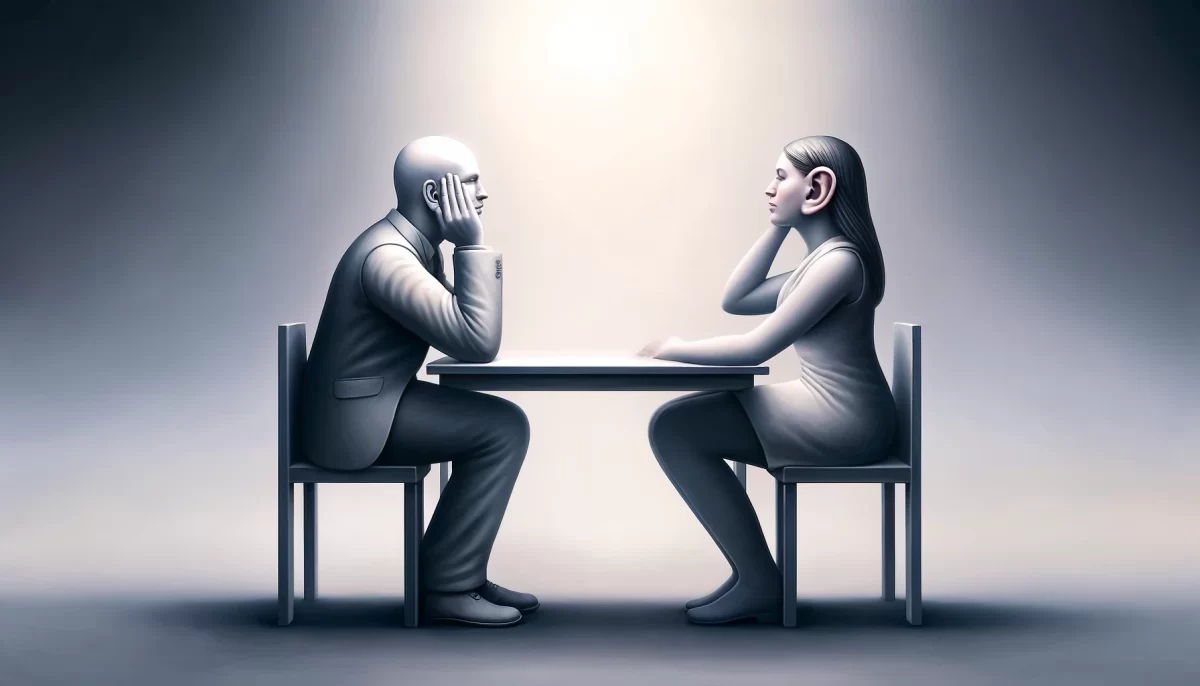
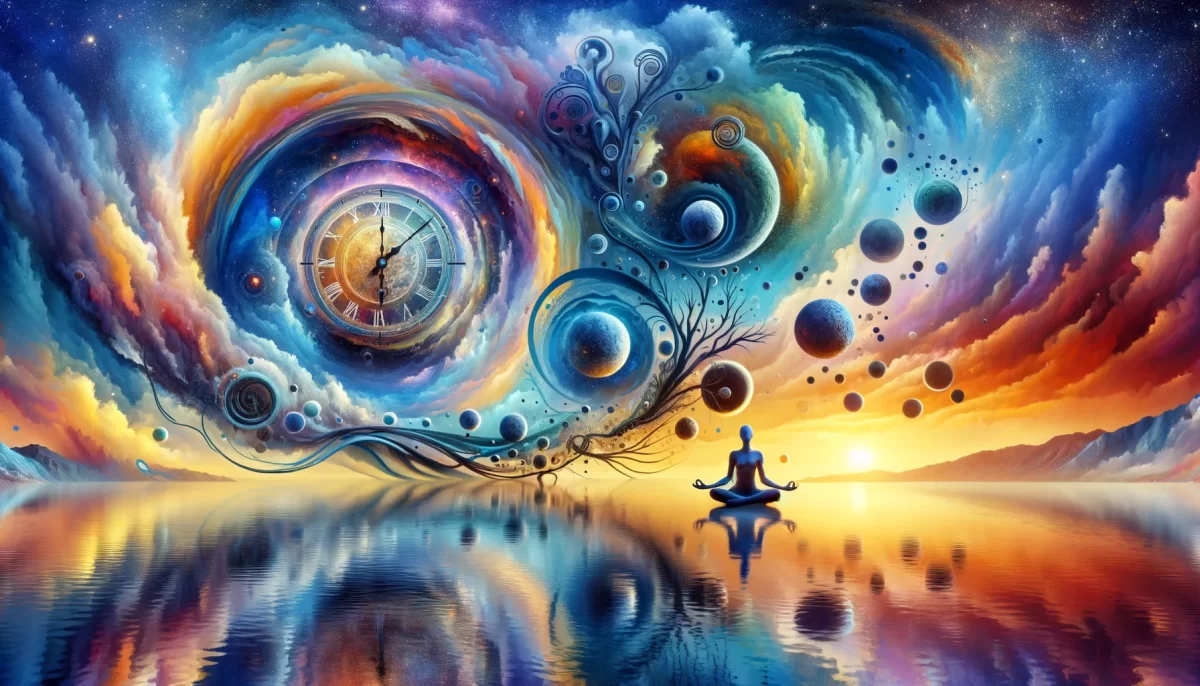
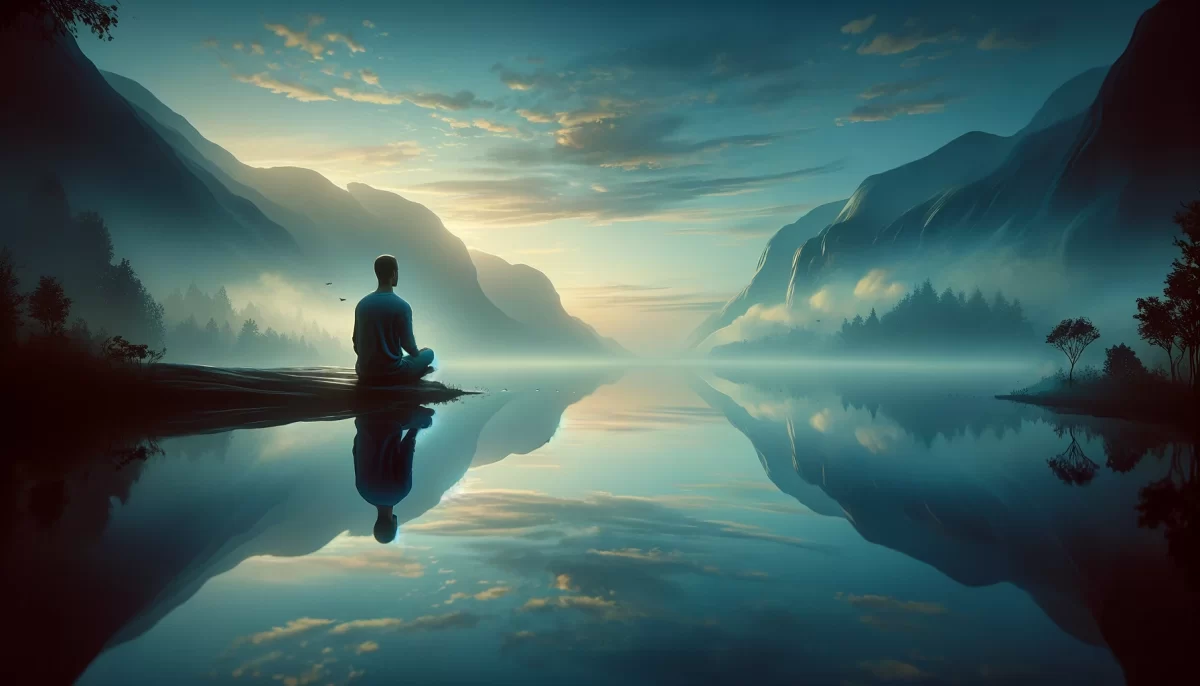
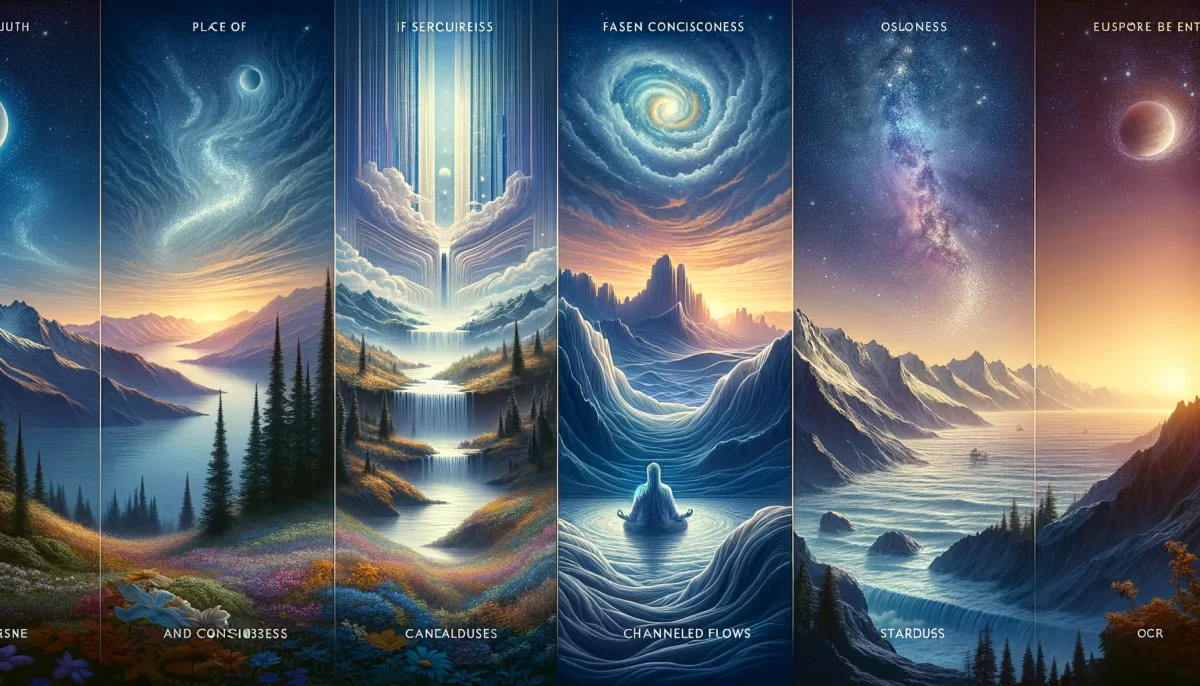
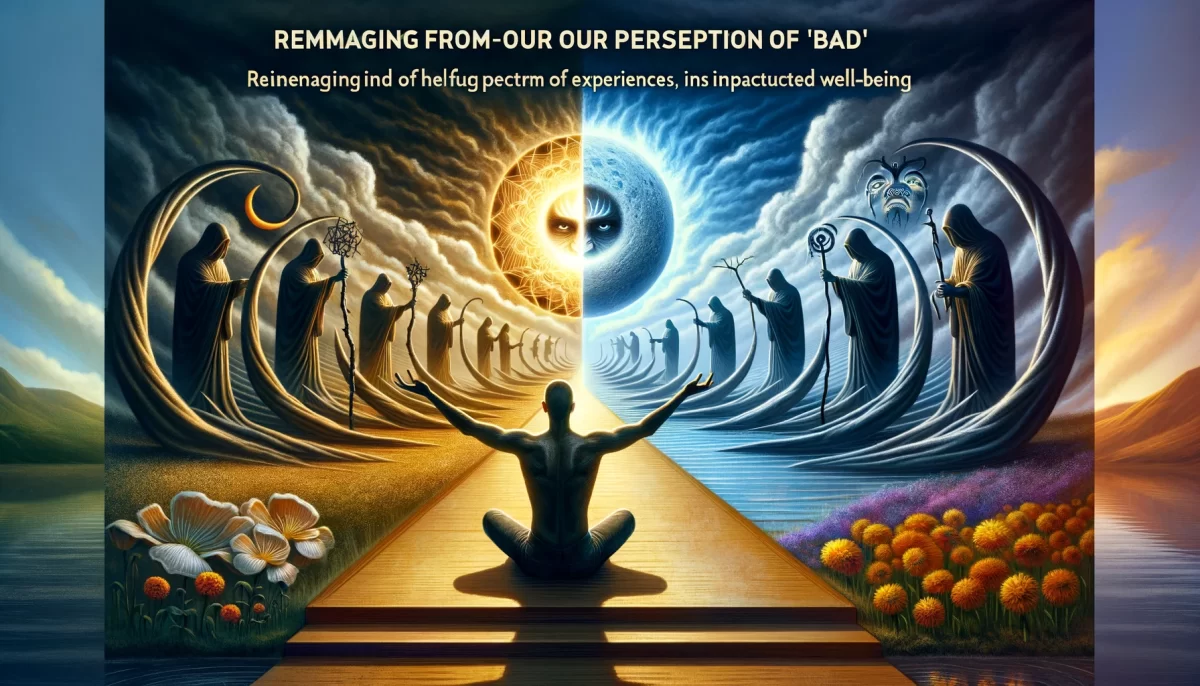
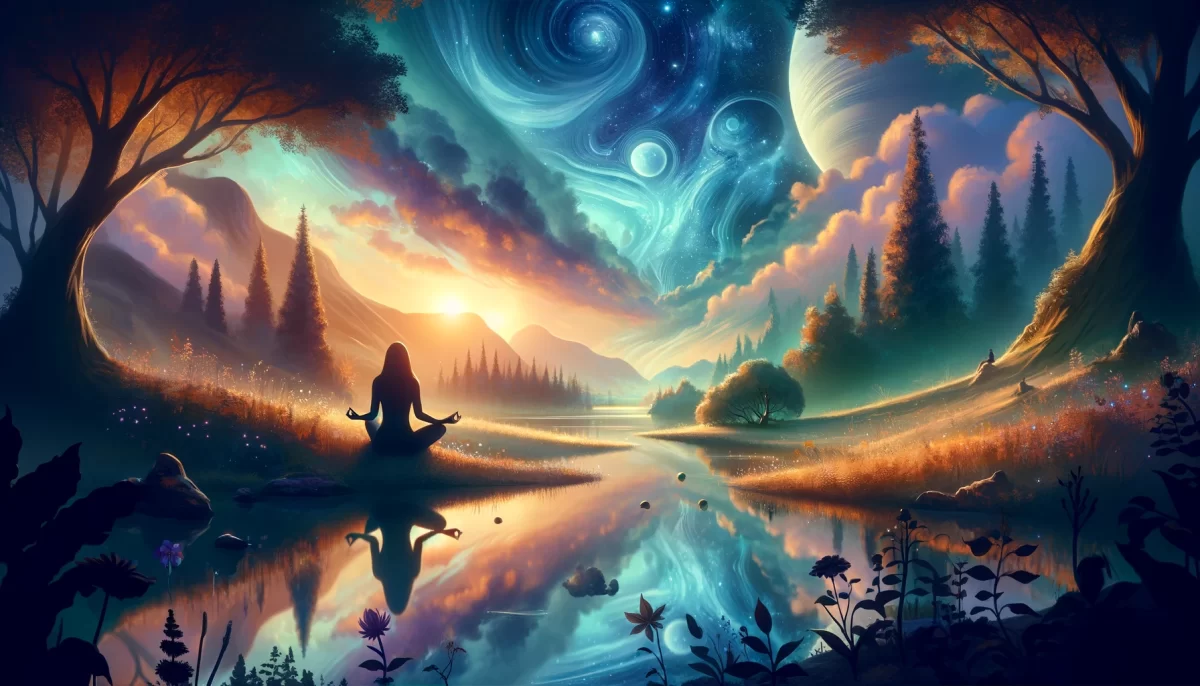
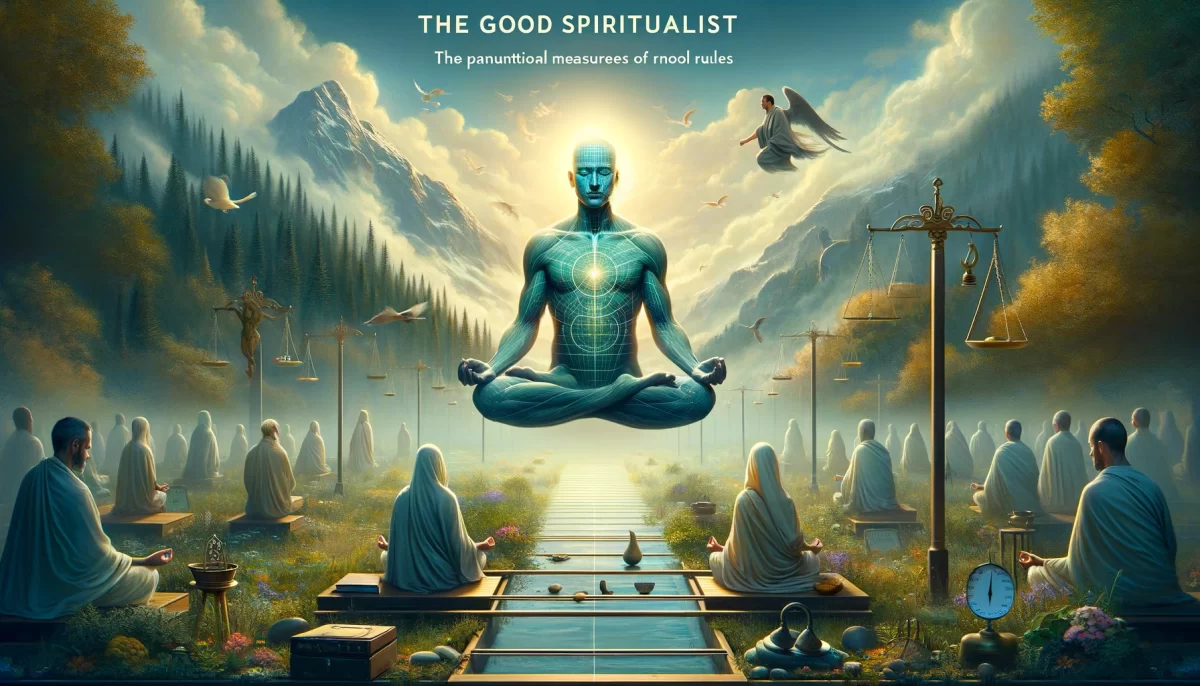
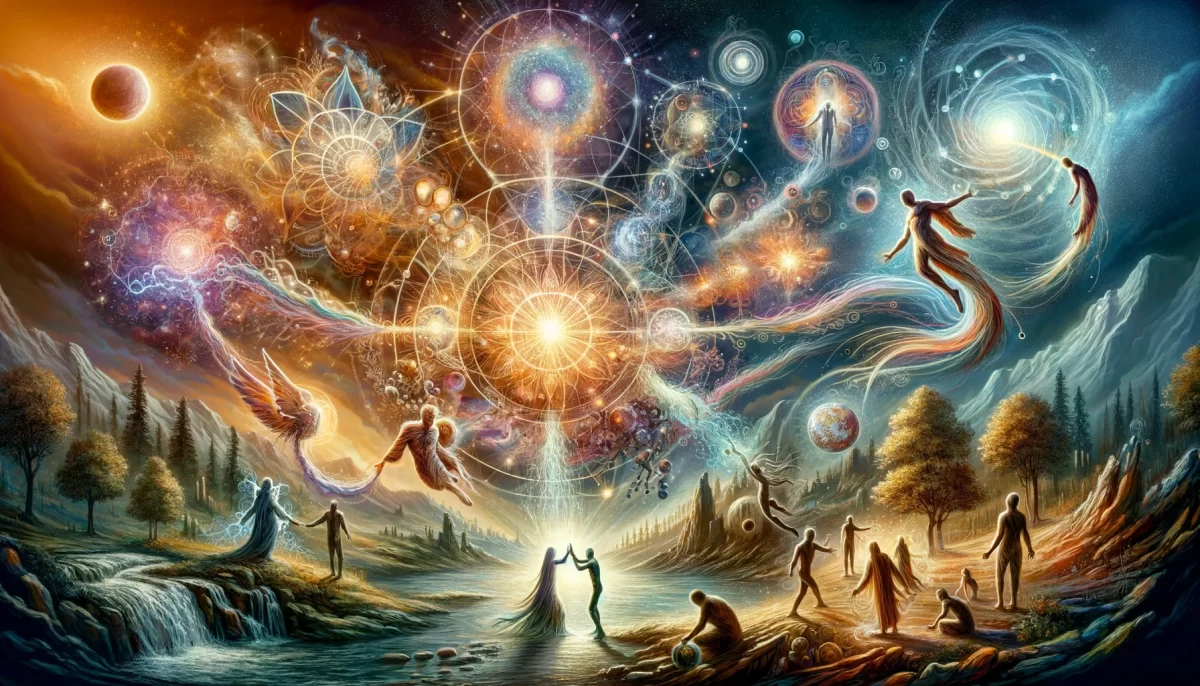
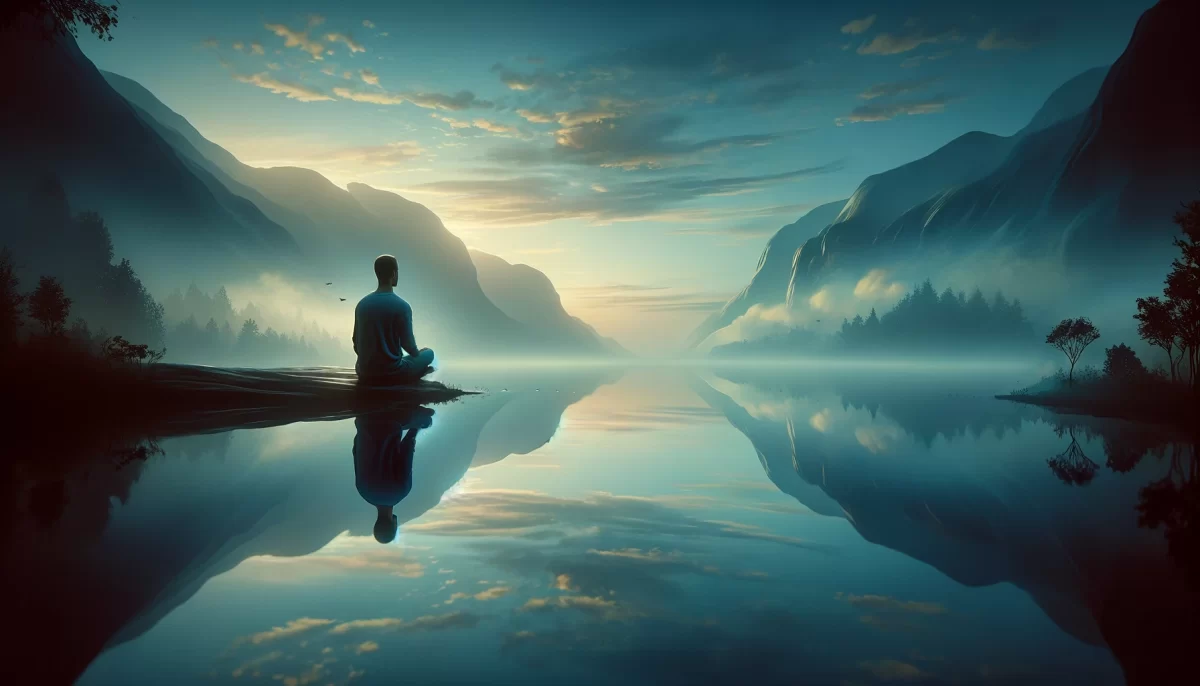
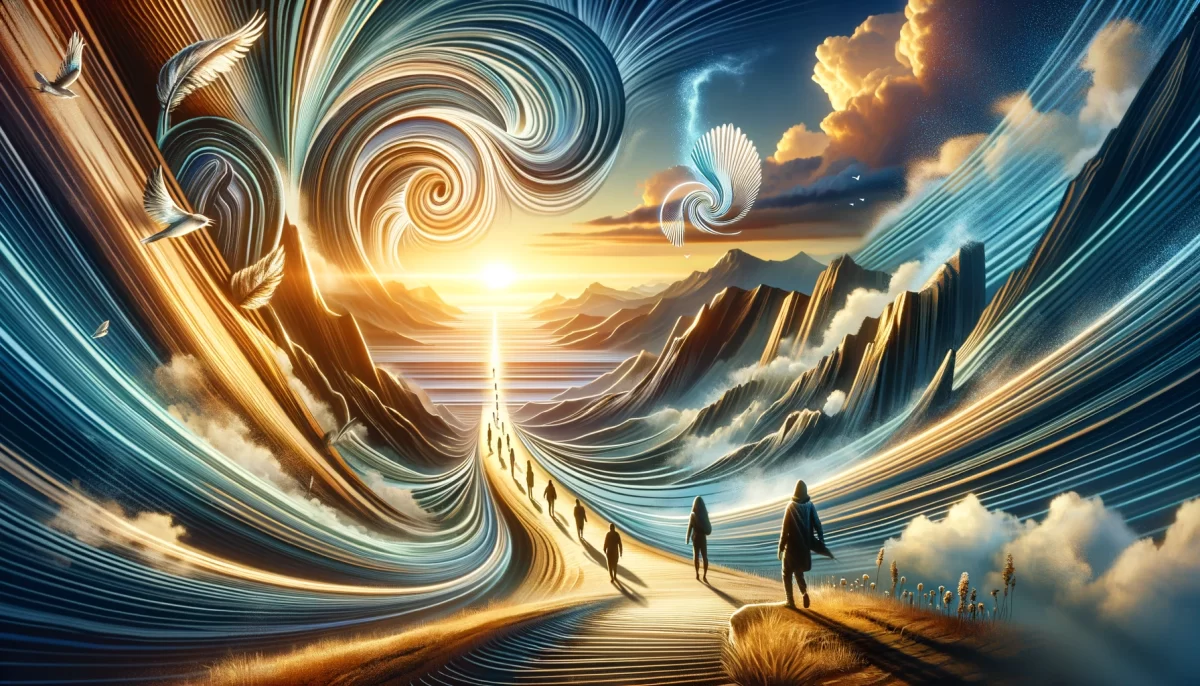
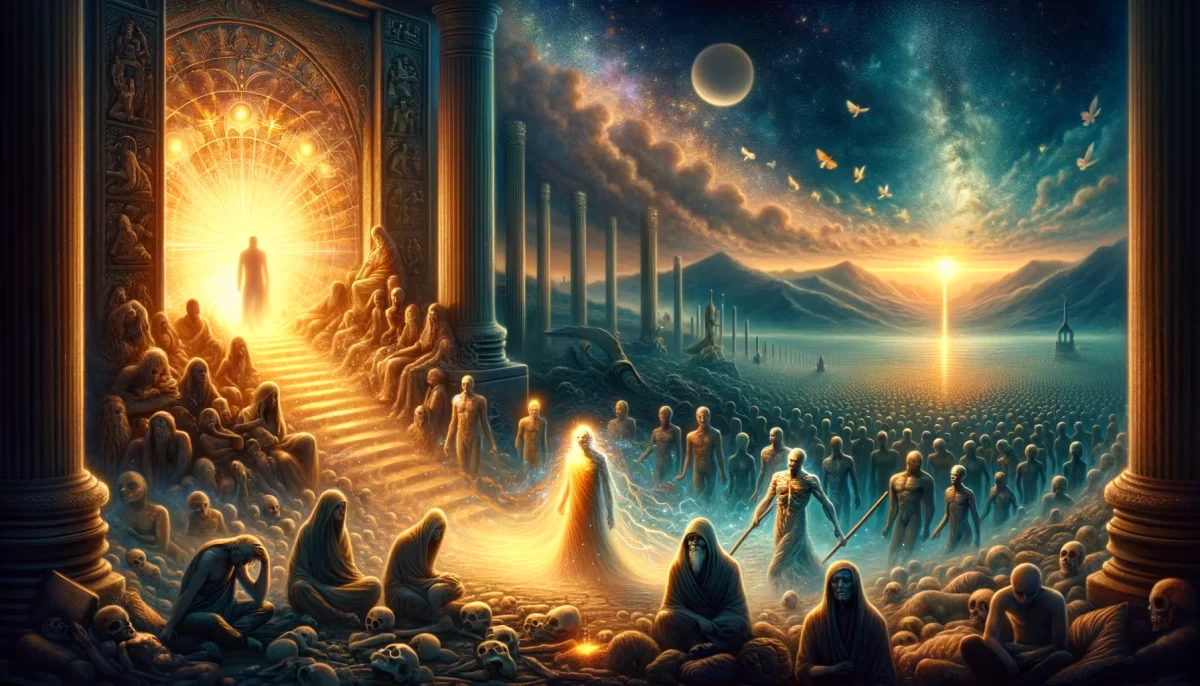
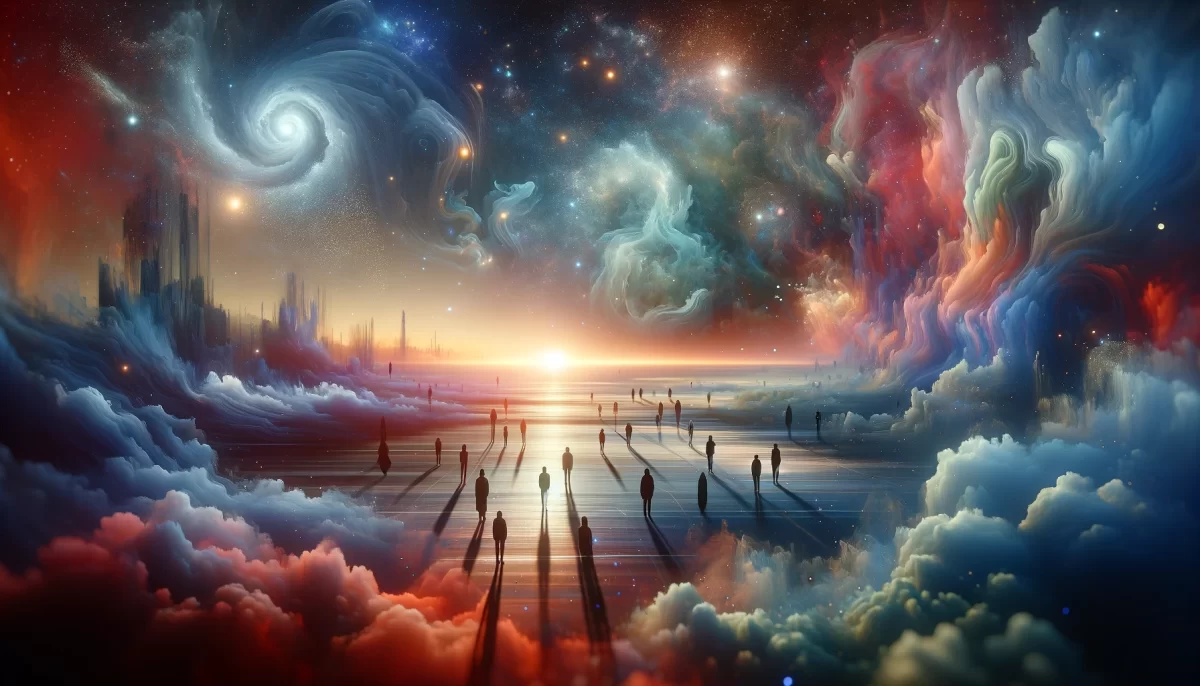
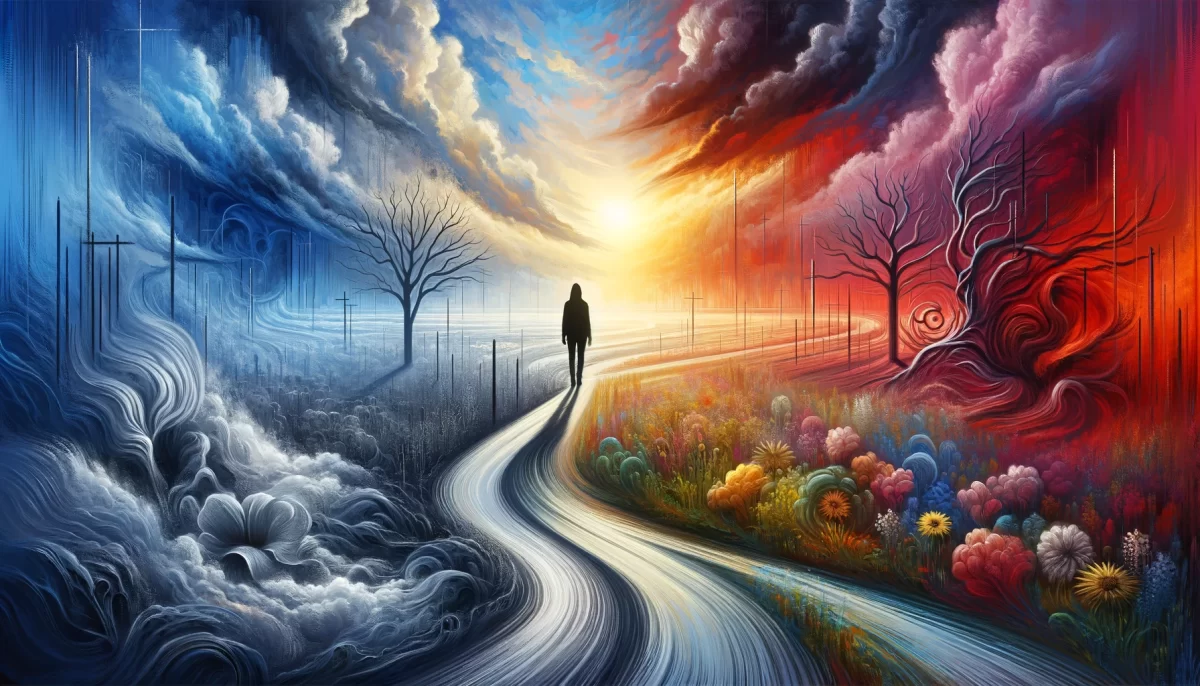
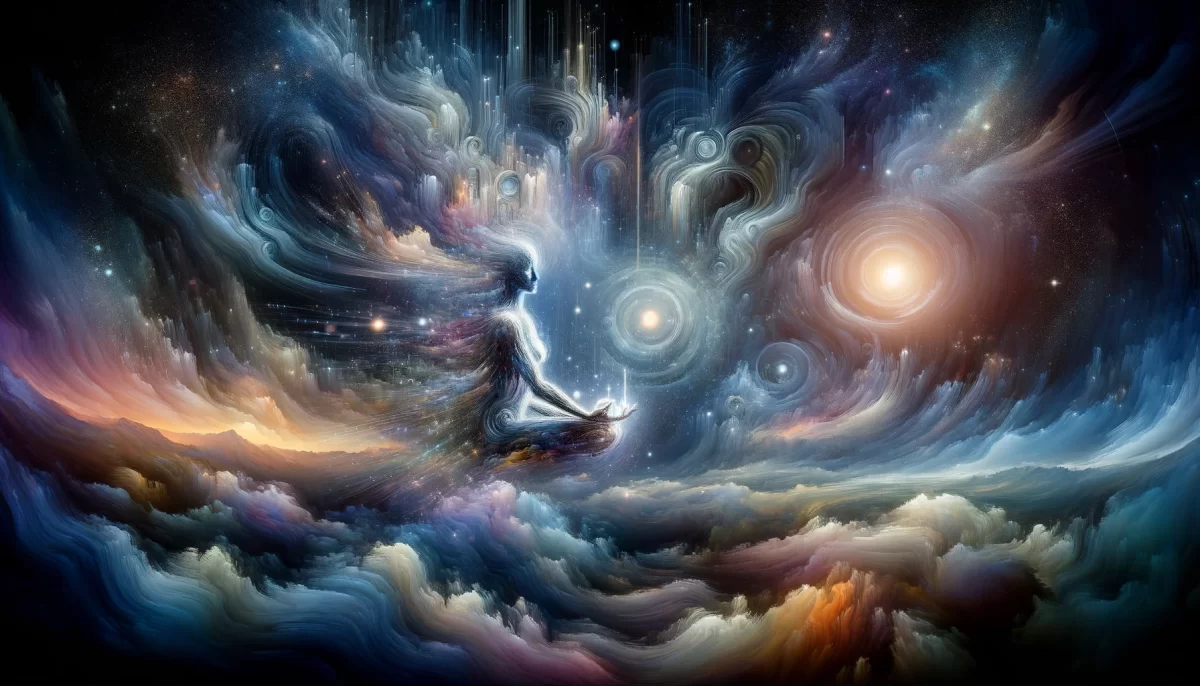
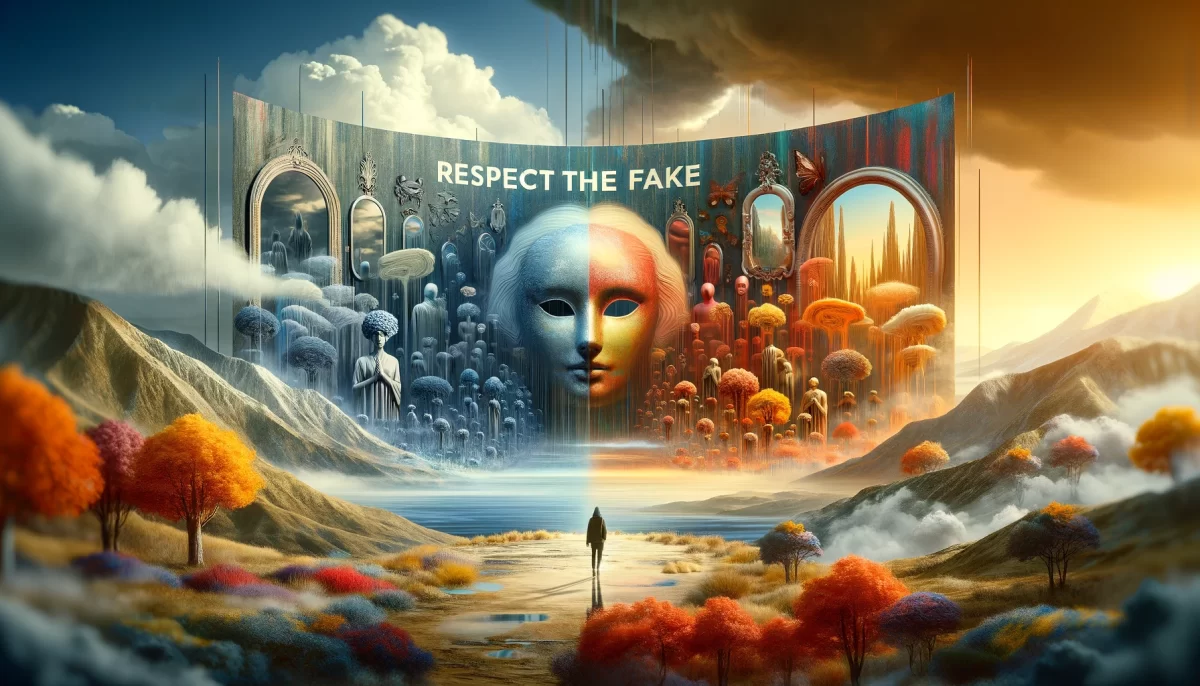
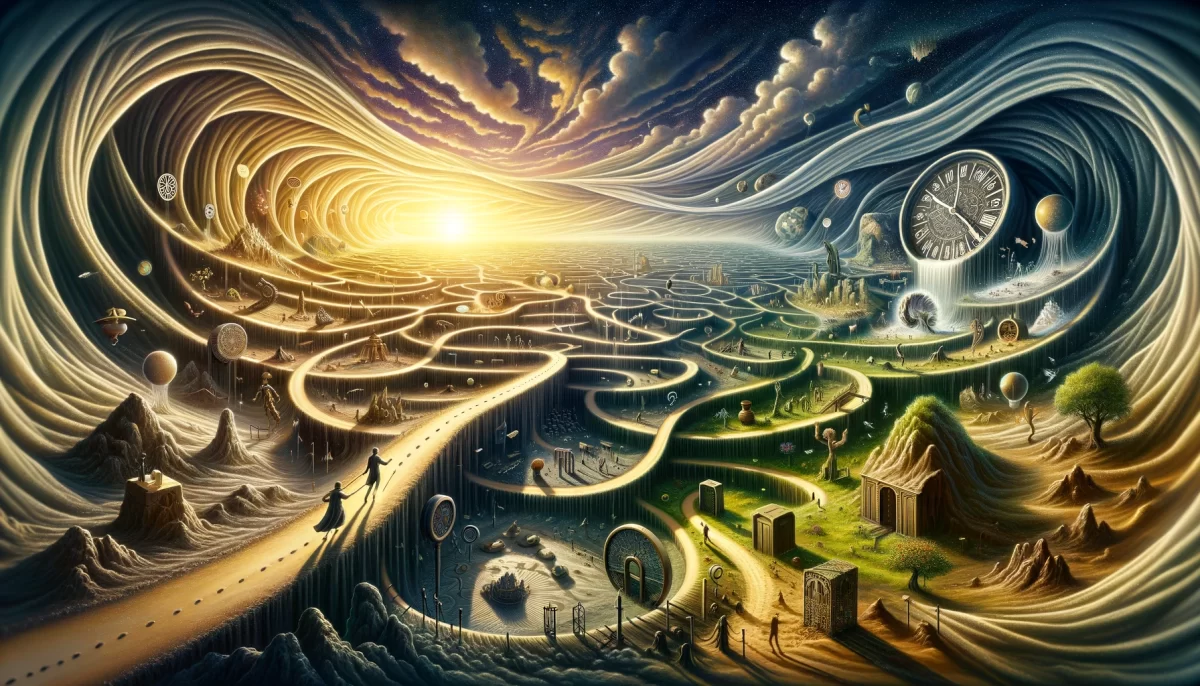
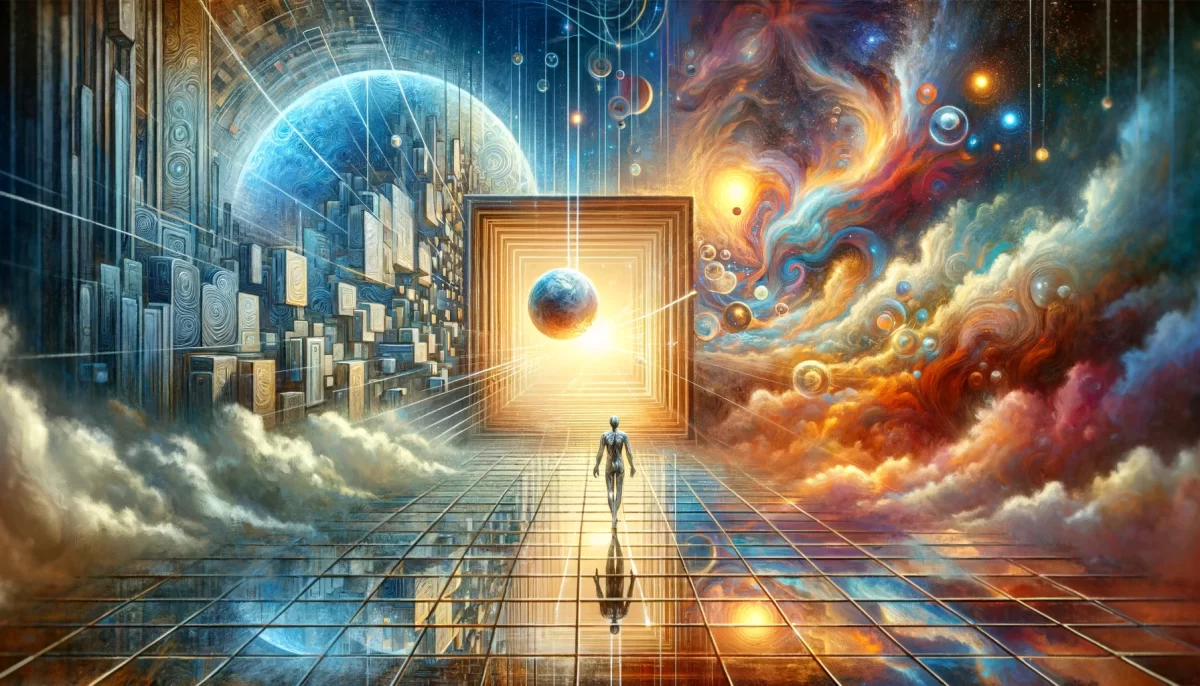
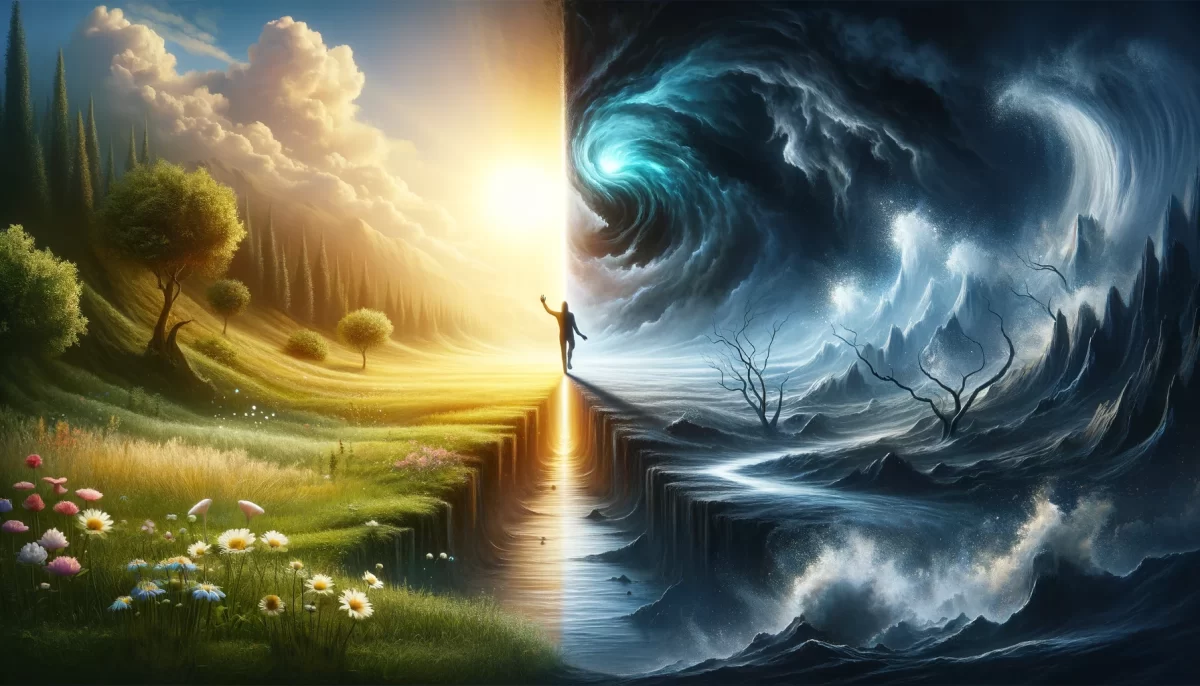
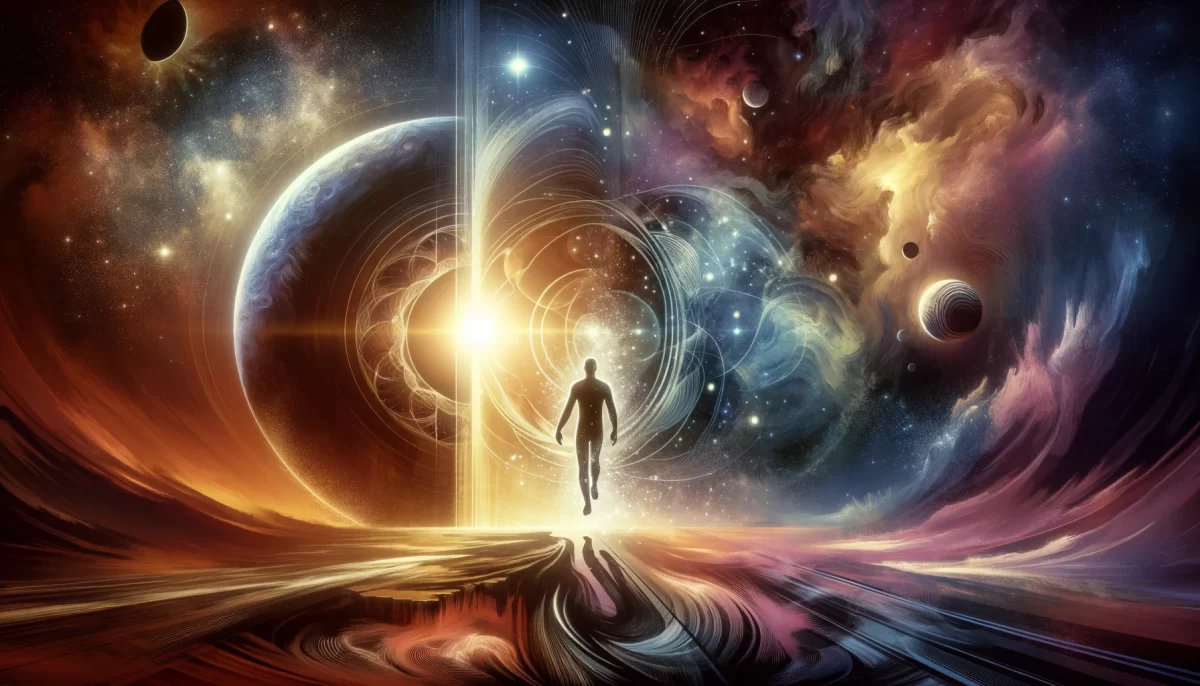
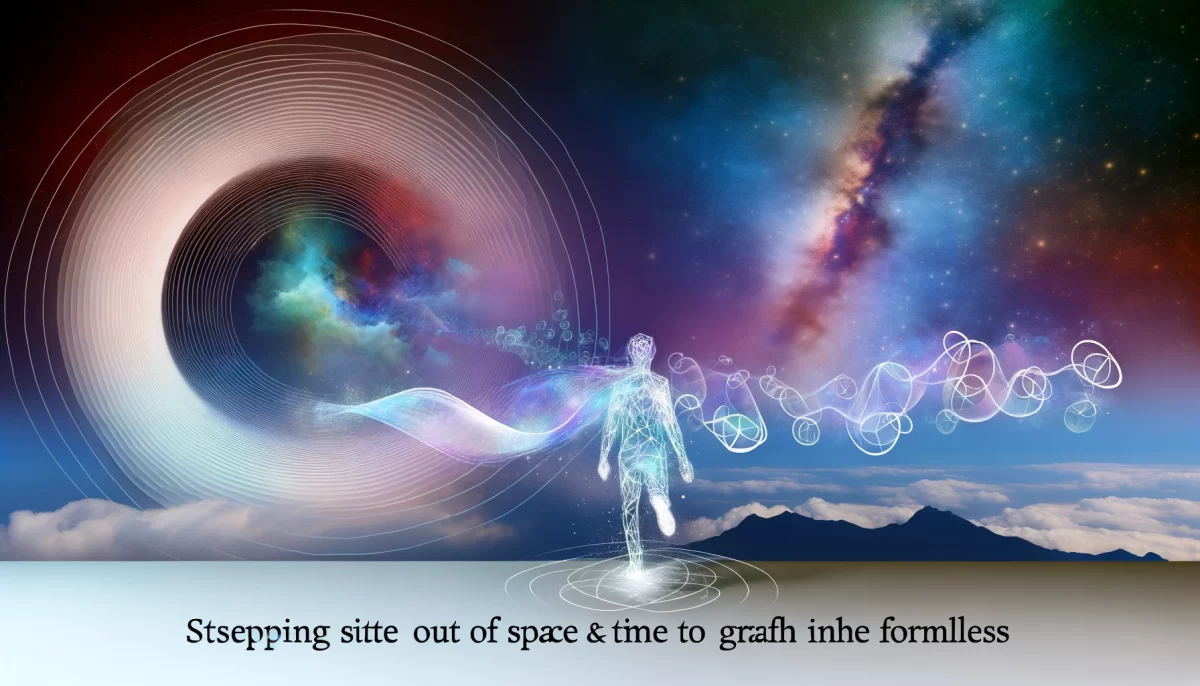
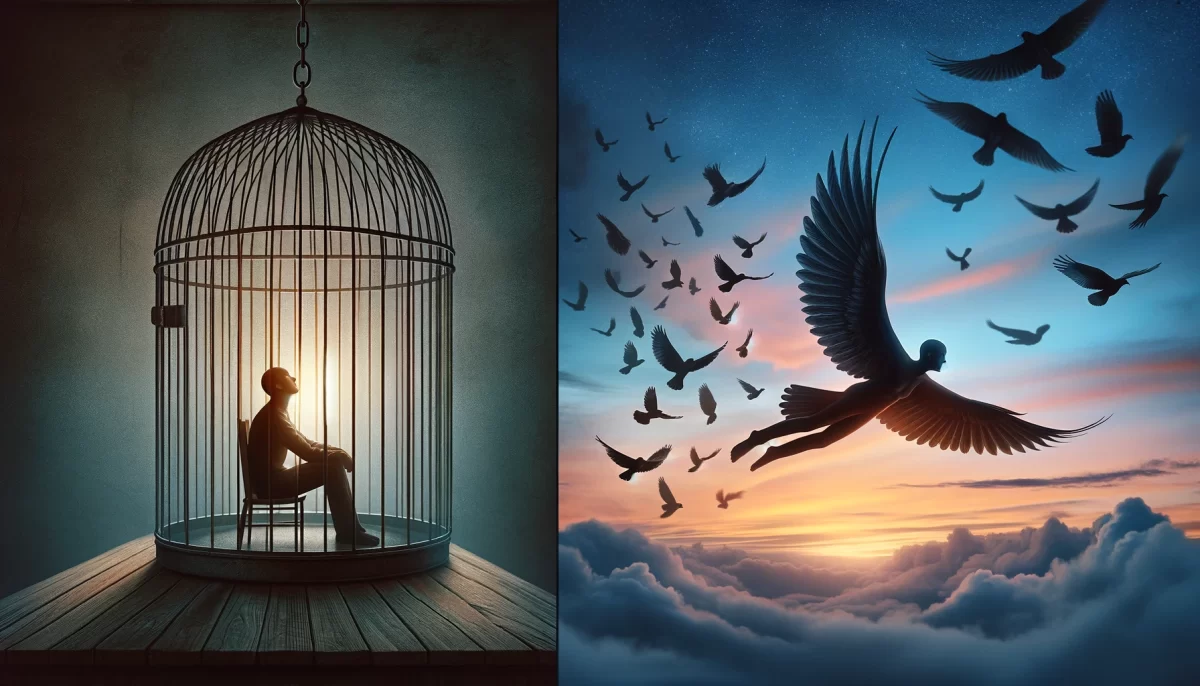
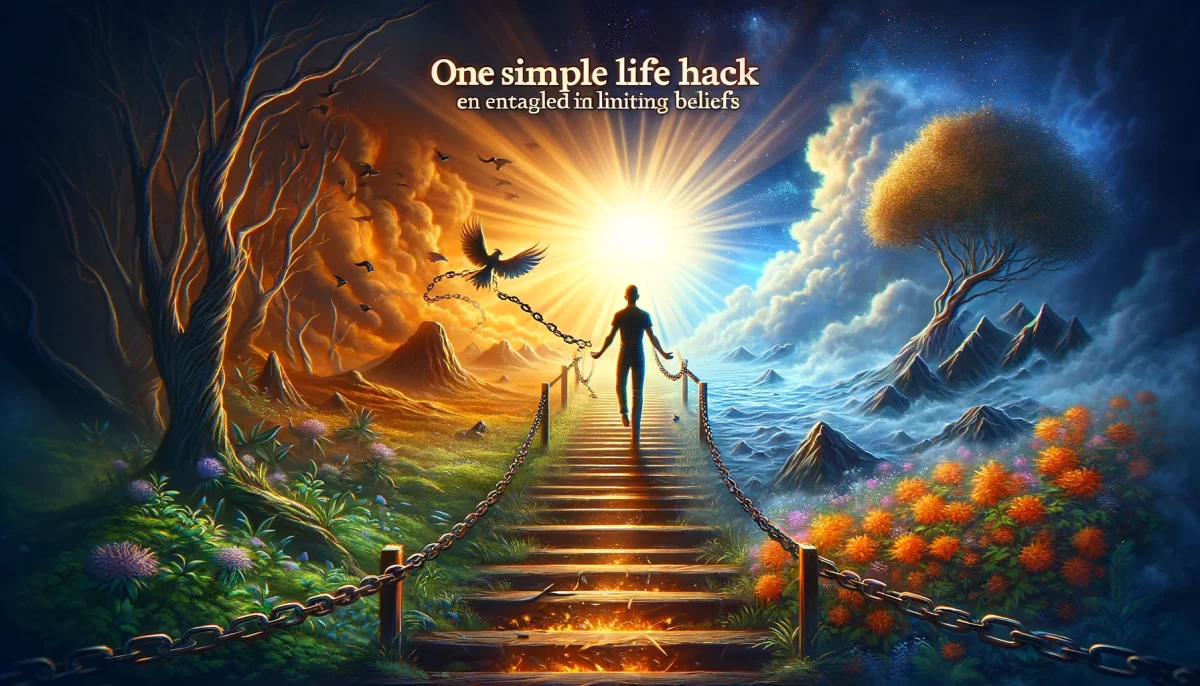
Leave a Reply